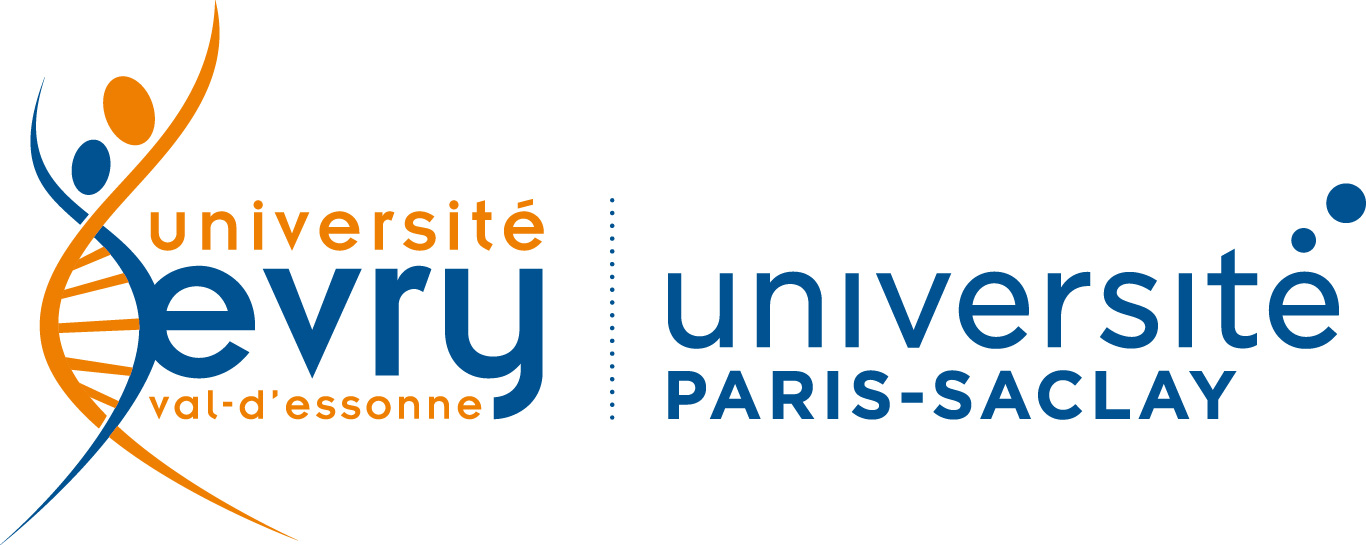Biodistribution of AAVpo1 and AAVpo1A1 in mice with myotubular myopathy
Résumé
Recombinant adeno-associated viral (AAV) vectors are powerful vehicles for in vivo delivery of therapeutic transgenes. Tissue tropism and consequently vector dosage for gene therapy can vary amongst naturally occurring and engineered AAV serotypes. We previously reported that serotype 8 AAV-mediated MTM1 gene delivery can correct the phenotype of murine and canine models of myotubular myopathy, a severe pediatric disorder leading to generalized muscle weakness and respiratory failure in patients.
In order to identify AAV vectors with increased skeletal muscle potency in Mtm1 deficient muscle, in the present study we compared the biodistribution and transgene expression of serotype 8, 9 and rh10 vectors with AAVpo1, and its derivative AAVpo1A1, of porcine origin that carry a Mtm1 expression cassette. A single dose of 2x1013vg/kg of each vector was administrated intravenously in mutant mice and tissues were harvested 4 weeks postinjection. We found that administration of AAV9-, AAVrh10- and AAVpo1A1-Mtm1 vectors resulted in higher myotubularin expression levels in skeletal muscles compared to AAV8- and AAVpo1-Mtm1 vectors. In addition, the AAVpo1A1 vector detargeted liver transduction. These results indicate that AAVpo1A1 capsid might be suitable for gene transfer in XLMTM muscles.





